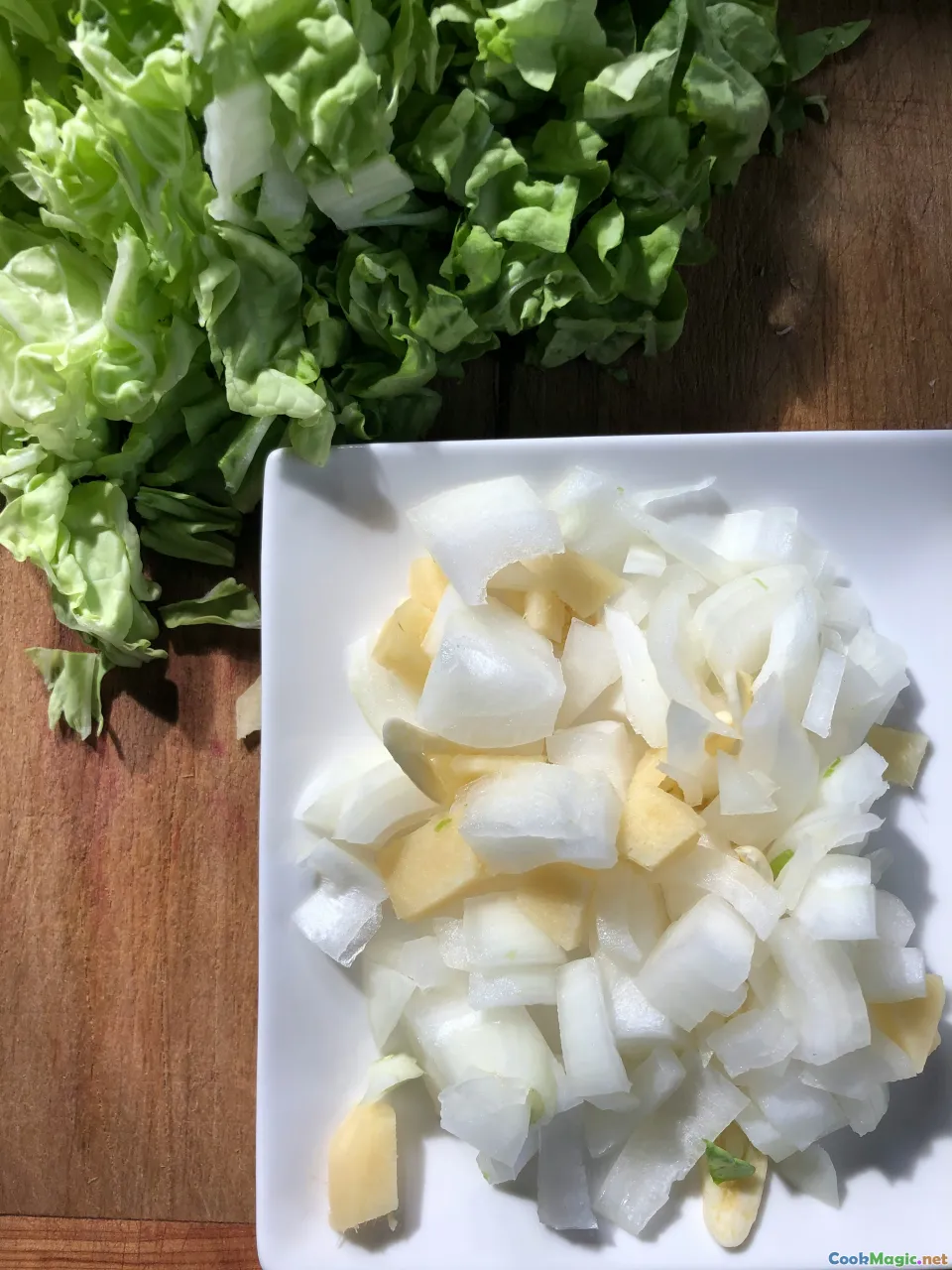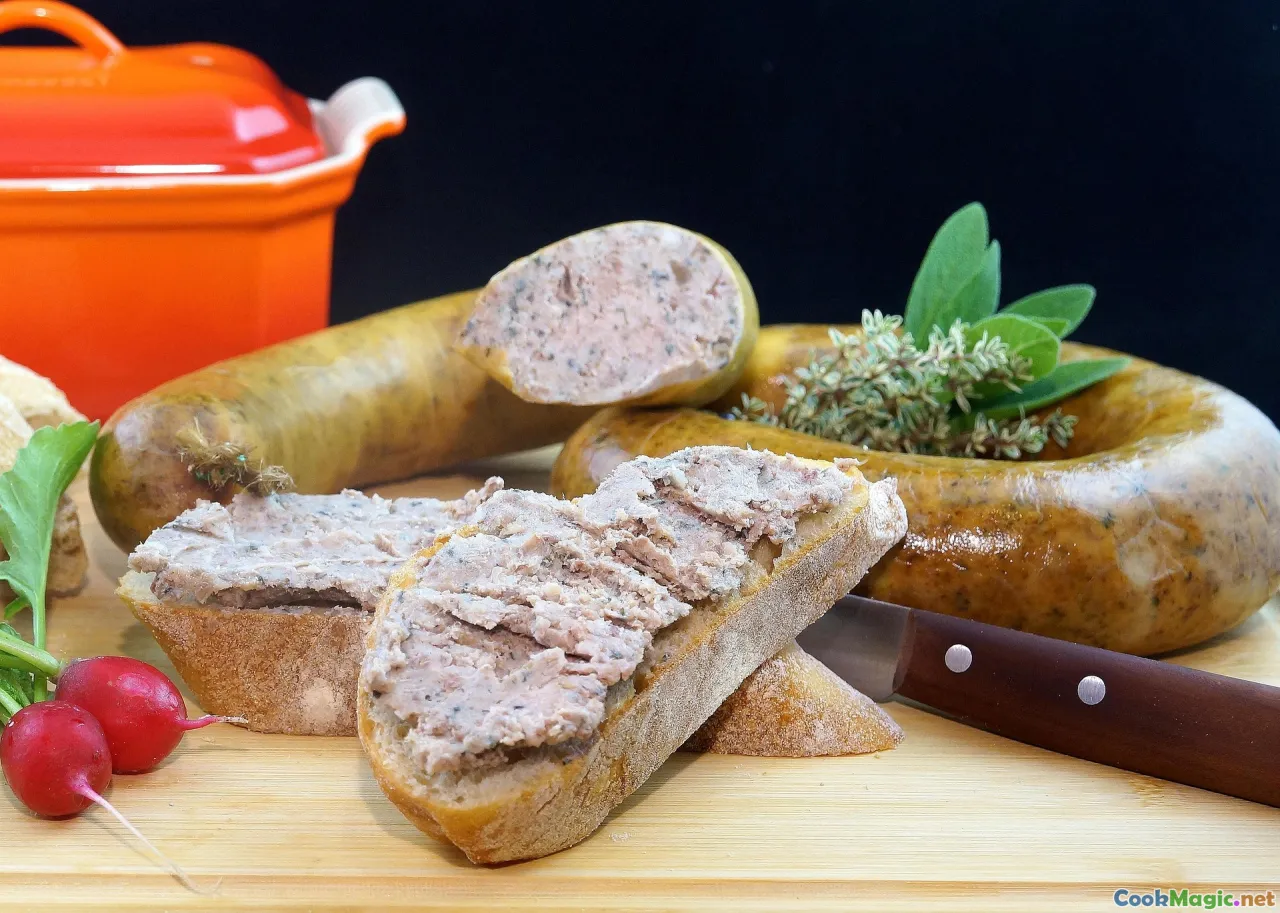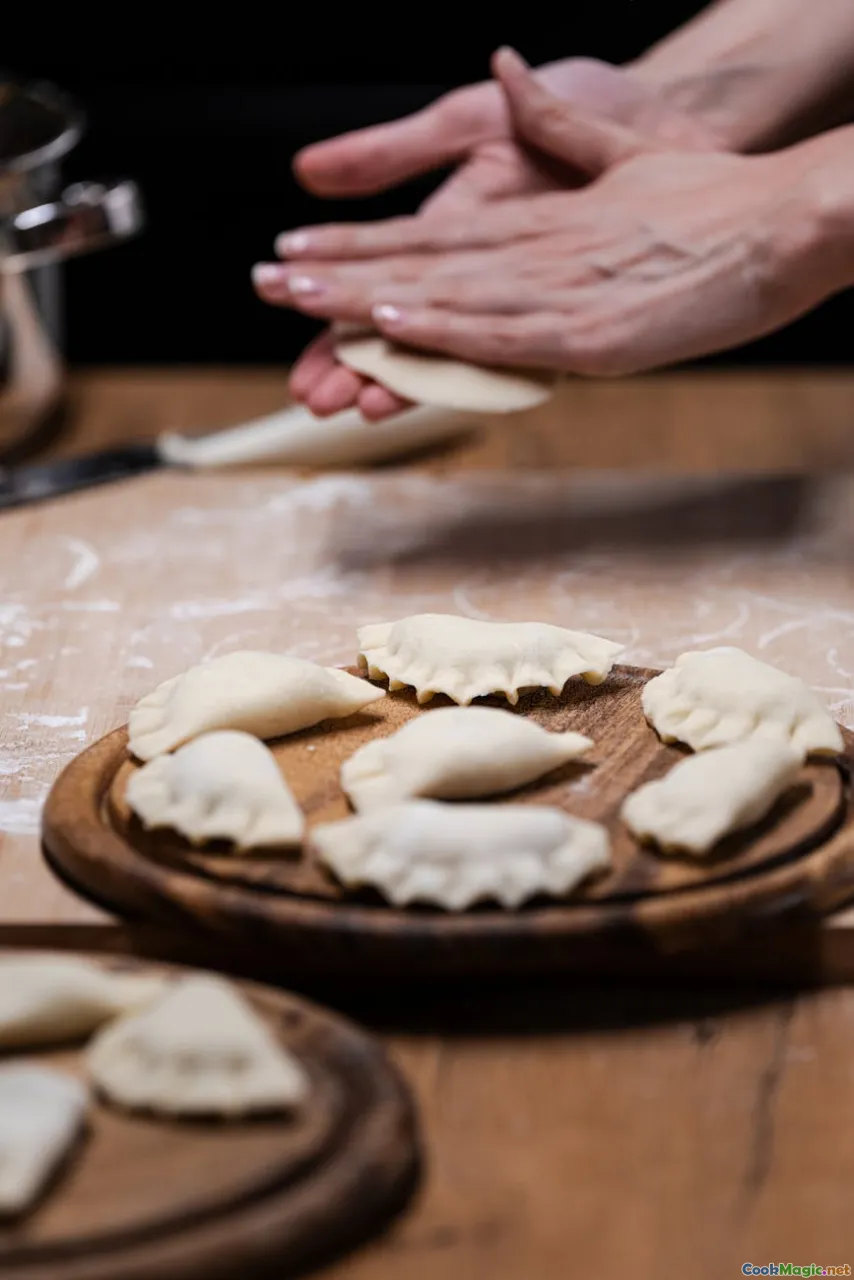Transforming Ratatouille with Czech Sausage Delights
10 min read Discover a delicious fusion twist by adding Czech sausages to classic ratatouille, enhancing flavors and cultural crossover in this savory recipe transformation. July 21, 2025 12:05
Transforming Ratatouille with Czech Sausage Delights
Few dishes are as emblematic of rustic European comfort as ratatouille—a vibrant medley of summer vegetables stewed into a symphony of flavors. Its origins in the Provençal kitchens tell stories of decades, if not centuries, of slow-cooked love, harmonizing zucchini, eggplant, peppers, and tomatoes into a tender, aromatic stew. But as culinary borders dissolve and global flavors intertwine, there's an exciting frontier: elevating traditional ratatouille through the unexpected infusion of Czech sausage delights.
This marriage of French vegetable garden freshness with the hearty, smoky, and piquant nuances of Czech sausages isn’t just a fusion; it’s a cultural dialogue that's rich in history, texture, and emotion. Join me as we explore this transformation—a culinary journey that celebrates European diversity, textures, and tastes.
The Heart of European Flavors: Cavaliers of Tradition and Innovation

Europe's culinary landscape is a tapestry woven with centuries of tradition and innovation. French cuisine prides itself on finesse and refinement, especially within Provençal territory, where ratatouille originates. Meanwhile, Czech cuisine teems with robust flavors rooted in centuries of hearty, rural cooking, highlighted by their acclaimed sausages—uzenky, klobásy, and jitrnice.
In the heart of European kitchens, these ingredients reflect the climate, history, and culture—slow-simmered vegetable stews and fiery sausages shaping everyday dishes and festive feasts alike. This blend offers not just a symphony of flavors but a narrative of cultural resilience, craftsmanship, and regional pride.
The Magic of Czech Sausages: An Anchor of Richness

Few ingredients embody Czech culinary identity like their sausages. Uzenka, with its smoky, peppered notes, is a staple on markets and family tables. The traditional klobása—fat-rich, paprika-dusted, or garlic-infused—offers both boldness and a comforting feeling of home. Known for their juiciness and burst of flavor, these sausages are crafted through centuries-old methods—coils of coarse meat, smoked over beech wood, then hung to cure.
Their versatility shines in various recipes, from grilled accompaniments to festive meat platters. When diced into a vegetable stew, these sausages unleash smoky, savory undertones that deepen the dish’s complexity—creating a bridge between hearty Central European flavors and the lighter, vegetable-heavy approach of ratatouille.
Reimagining Ratatouille: Step-by-Step Transformation
1. The Base—Colorful, Fragrant Vegetables
Start by selecting the brightest vegetables—plump, deep-purple eggplants, glossy zucchini, vibrant red and yellow peppers, ripe tomatoes, and sweet onions. Dice them uniformly to ensure even cooking. Saute onions and garlic until golden, then add peppers and zucchini, allowing the vegetables to soften with gentle stirring. The aroma of garlic, sweet peppers, and sizzling zucchini is irresistible.

2. Infusing Czech Flavors—Sausage Engagement
Chop the Czech sausages into thick, rustic slices. In a separate pan, caramelize the sausage slices over medium heat until the edges crispen slightly, releasing smoky, meaty juices. Incorporate these into the vegetable simmer, allowing the sausage's juices to meld beautifully with the vegetables. The heat release from the sausages adds an umami depth, with hints of paprika and smokiness permeating each bite.

3. Elevating with Herbs and Spices
Infuse the dish with thyme, bay leaves, and freshly ground black pepper—traditional Provençal herbs that balance the rich sausage flavors. A pinch of smoked paprika can enhance the smoky notes already present. For a tangy twist, add a splash of white wine or a teaspoon of aged balsamic vinegar toward the end, brightening the dish and tying all flavors together.

4. Slow Simmer for Depth
Simmer uncovered on low heat for 30-40 minutes to develop a harmonious blend of textures and flavors. Stir gently to prevent the sausages from breaking apart, while ensuring the vegetables soak up the smoky, savory juices.
Ancestral Tales: The Cultural Significance of Merging Traditions

This dish is more than a plate; it’s a story—a recognition of how regional ingredients embody histories of migration, trade, and refinement. Czech sausages, with their centuries-old traditions, represent resilience and craftsmanship, paired here with the light, vegetable-driven simplicity of French ratatouille. It echoes familial kitchens where different culinary heritages converge across borders, transforming everyday meals into celebrations of unity.
I recall visiting the Czech countryside, where fresh smoked sausage is often cooked alongside seasonal vegetables from local gardens—simple, honest, and deeply soulful. Introducing these sausages into a vegetable tableau like ratatouille is a modern homage to those rural roots, adapted for a contemporary, global palate.
Serving Suggestions: A Feast for All Senses

Serve this transformed ratatouille with rustic crusty bread — a baguette or a dense Czech rye — to soak up the smoky juices. Pair with a chilled glass of Czech Pilsner or a light Provencal rosé to enhance the pairing.
For presentation, spoon generously onto warm plates, garnished with fresh basil or parsley. For an elegant touch, add a drizzle of high-quality olive oil and a scattering of bleu cheese crumbles or toasted pine nuts for textural complexity.
Final Thoughts: A Cultural Celebration on a Plate

Transforming ratatouille with Czech sausage delights is more than a culinary experiment—it's a celebration of Europe's deeply woven culinary fabric. It proves that embracing regional ingredients and traditions can breathe fresh life into classic dishes, creating something both familiar and exciting.
Next time you’re craving a vegetable-centric dish, consider inviting these hearty sausages to the table. Their smoky warmth, combined with the tender, aromatic vegetables, crafts a harmonious dish that’s rooted in history yet confidently positioned in contemporary kitchen repertoires. It’s a reminder that food is indeed a universal language—one that cherishes diversity, craftsmanship, and shared stories.
Unite your senses around this exciting fusion and experience a taste journey through the heart of Europe—where hearty Czech soul meets the sun-kissed gardens of Provence, all in a single, unforgettable dish.









